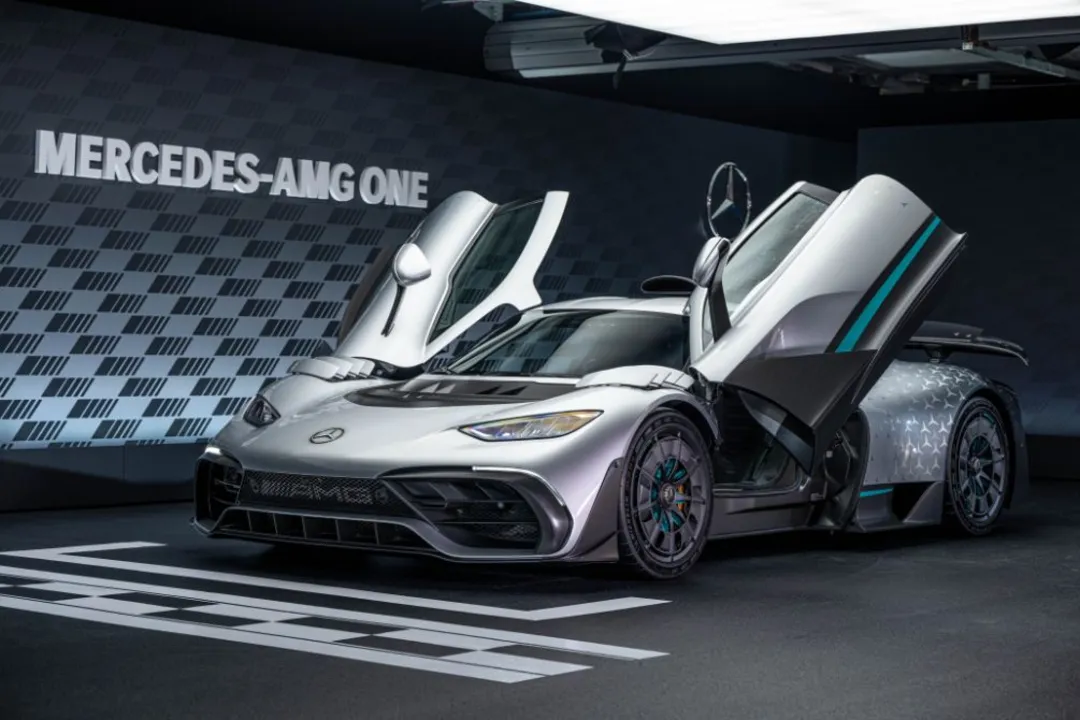
Has the internal combustion engine in cars reached its peak?
Introduction: A Glimpse into the Internal Combustion Engine's Journey
As a car enthusiast, I've always been fascinated by the intricacies of automotive engineering. One aspect that has always piqued my interest is the internal combustion engine. Over the years, this technological marvel has undergone significant improvements, resulting in the powerful and efficient engines we see in vehicles today. But has the internal combustion engine reached its peak? In this article, we'll delve into this question and explore various facets of this remarkable piece of machinery.
The Evolution of the Internal Combustion Engine
It's essential to understand the internal combustion engine's journey to determine if it has reached its peak. The first engines, developed in the early 19th century, were rudimentary and inefficient compared to today's standards. However, inventors and engineers have continuously improved these engines over the years, leading to significant enhancements in power, efficiency, and reliability. From the introduction of fuel injection systems to the development of turbochargers, the internal combustion engine has been on an upward trajectory of constant refinement.
Current State of the Art: The Pinnacle of Internal Combustion Technology?
Modern internal combustion engines are truly remarkable feats of engineering. They are capable of producing hundreds, sometimes even thousands, of horsepower, while simultaneously offering efficiency and reliability that was once unimaginable. Advancements such as direct fuel injection, variable valve timing, and advanced turbocharging systems have enabled these engines to extract more power from each drop of fuel. So, one might argue that the internal combustion engine has reached its peak in terms of technological prowess.
Environmental Impact: The Achilles' Heel of the Internal Combustion Engine
While the internal combustion engine has made great strides in power and efficiency, its environmental impact remains a significant concern. The burning of fossil fuels in these engines releases harmful emissions such as carbon dioxide, nitrogen oxides, and particulate matter. This has led to growing concerns about air quality, climate change, and the overall sustainability of the internal combustion engine. In this context, it's hard to argue that the technology has reached its peak when it continues to have such a negative impact on our planet.
The Push for Electrification: A New Era in Automotive Engineering
With increasing awareness of the environmental impact of internal combustion engines, the push for electrification has gained significant momentum. Electric vehicles, powered by batteries and electric motors, offer a cleaner and more sustainable alternative to traditional combustion engine-powered cars. Additionally, advances in battery technology and electric motor design have allowed electric vehicles to compete with their internal combustion engine counterparts in terms of performance and range, further strengthening the case for electrification.
Hybrid Engines: A Temporary Solution or a Path to the Future?
As the world transitions towards electrification, hybrid engines have emerged as a popular intermediate solution. These engines combine the best of both worlds, utilizing an internal combustion engine in tandem with an electric motor to improve efficiency and reduce emissions. While this technology may not represent the peak of internal combustion engine development, it highlights an ongoing innovation in the field and demonstrates that there is still room for improvement.
Alternative Fuels: A New Lease on Life for the Internal Combustion Engine?
Another avenue of innovation in the world of internal combustion engines lies in the exploration of alternative fuels. Biofuels, hydrogen, and natural gas have all been proposed as potential replacements for traditional fossil fuels. Some argue that the development of engines designed to run on these alternative fuels could extend the life and relevance of the internal combustion engine, even in the face of growing electrification. However, the widespread adoption of alternative fuels remains uncertain due to factors such as infrastructure and cost.
Efficiency Breakthroughs: Pushing the Boundaries of Internal Combustion Engine Performance
While the internal combustion engine may be facing stiff competition from electric vehicles, researchers and engineers are still pushing the limits of performance and efficiency. Breakthroughs in areas such as variable compression ratio technology and advanced engine management systems demonstrate that there is still room for improvement in internal combustion engines. These innovations could potentially extend the life of this technology, even as electrification gains traction.
Regulatory Pressures: The Final Nail in the Coffin for Internal Combustion Engines?
One of the most significant challenges faced by the internal combustion engine is the growing regulatory pressure to reduce emissions and improve air quality. Governments around the world have set ambitious targets to reduce greenhouse gas emissions, with some even announcing plans to ban the sale of new internal combustion engine vehicles within the next few decades. This regulatory environment may ultimately be the deciding factor in whether or not the internal combustion engine has reached its peak.
Conclusion: The Internal Combustion Engine's Uncertain Future
In conclusion, the question of whether the internal combustion engine has reached its peak is a complex one. On one hand, we are witnessing incredible advancements in efficiency and performance that suggest there is still room for improvement. On the other hand, the environmental impact of these engines and the growing push for electrification cast doubt on their long-term future. Ultimately, only time will tell if the internal combustion engine has truly reached its peak, or if there are still untapped innovations waiting to be discovered.
Write a comment